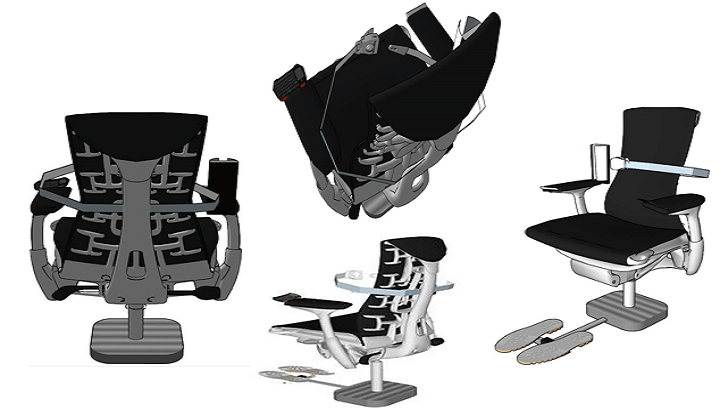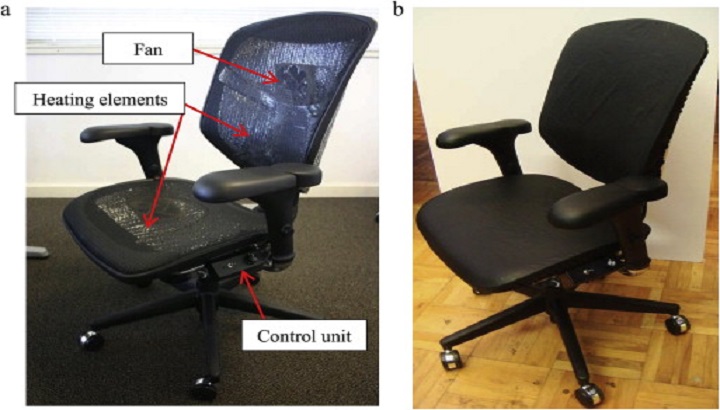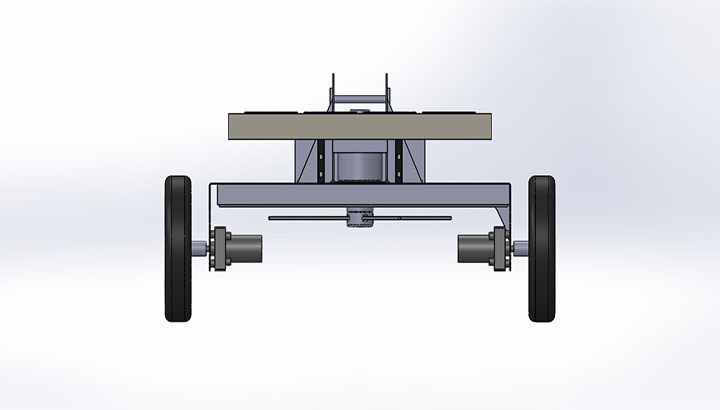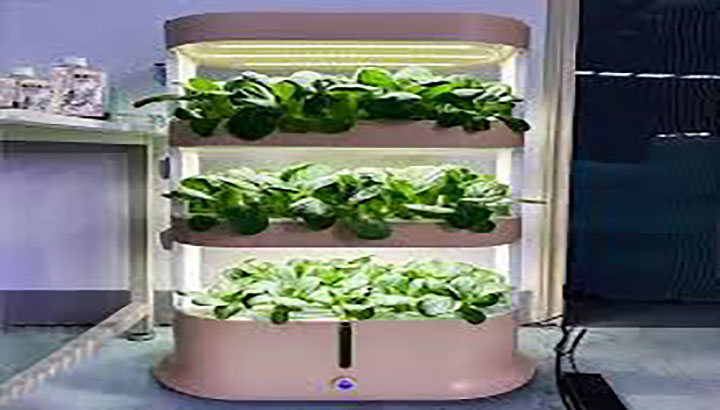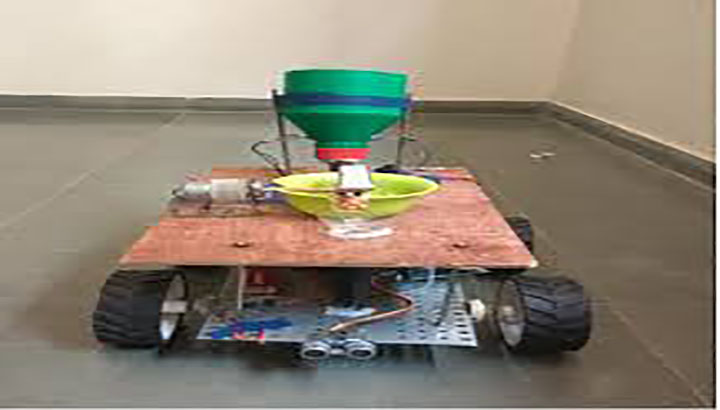IOT remote monitoring solutions for efficient store and delivery of temperature-sensitive vaccines
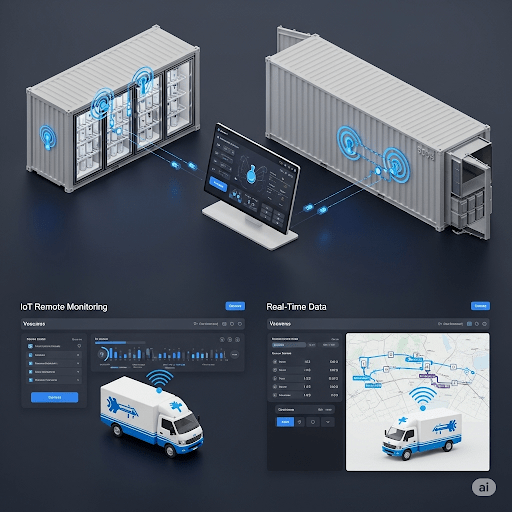
Pandemics such as the COVID-19 pandemic cause a significant loss of human life around the world, and they constitute a very big challenge to public health. The lack of efficient and well-monitored vaccination systems leads to people's death and impact the economy of individuals and of the country in general. Some vaccines are temperature-sensitive, therefore, storing and delivering the vaccination to the rural remote area in suboptimal conditions reduces their efficacy or even spoils the vaccine. Currently, monitoring of these vaccines is done manually and this is unreliable, making it impossible to know if their effectiveness has deteriorated by the time they are injected into individuals.
This research project has been conducted with the objective of developing an Internet of Things Remote Monitoring Solution (IoT RMS) to provide real-time monitoring of storage and delivery of these temperature-sensitive vaccines together with the ability to alert whenever there is an issue. Although some vaccines can be kept under 2oC, our system will only serve vaccines kept between 2 and 8 degree Celsius which is the WHO recommended range.
The methodology involves obtaining data on the sorts of cold chain systems that are currently in use, their issues, and the demand for locally made monitoring products. To swiftly map concepts and construct the cold chain IoT RMS product, questionnaires and one-on-one interviews with persons who are directly involved with the cold chain for vaccines have been undertaken. According to the results, 100% of respondents manually record daily vaccine temperature readings, 100% store vaccines in refrigerators, and just 50% were aware that the WHO recommends storing vaccines at a temperature between 2 and 8°C. Standby generators provide automatic power backup in the event of a power failure at 60% of vaccine stores.
For all vaccine stockpiles and the delivery of vaccines, there is no remote monitoring tool in use. An IoT RMS prototype was created by connecting and configuring sensors, microcontroller units, wireless communication technologies, and user interfaces.
Test results proved that the designed system will be a suitable solution to the existing cold chain challenges and the data obtained compared to the data from the existing system present high accuracy. The research thesis suggests that cold chain technicians should receive ongoing training, standby generators should be placed and frequently maintained, and IoT RMS solutions should be employed in order to maintain efficient and accurate cold storage systems.
Related project idea for free
Health Monitoring Chair
The Health Monitoring Chair is a revolutionary piece of furniture designed to integrate health monitoring into daily life seamlessly. By incorporating advanced sensor technology and connectivity, this chair provides real-time health data, promotes better sitting habits, and enhances overall well-...
Read more>>Smart Climate Control Chair
The Smart Climate-Control Chair is an innovative seating solution designed to provide ultimate comfort by regulating temperature according to the user's preferences. By incorporating advanced climate control technologies, this chair aims to enhance user comfort, reduce stress, and contribute to o...
Read more>>Autonomous Solar-Powered Robotic Grass Cutter
Personal lawns, public parks, and gardens are major recreational spaces but require significant maintenance to remain operational. The primary maintenance tasks are grass cutting and weed removal, which demand substantial time and effort. Traditional lawn mowers and motorized cutters require huma...
Read more>>Smart Hydroponic Grow Chamber for Indoor Farming
Indoor farming and gardening represent the future of agriculture, enabling cultivation without the need for extensive tracts of land. These practices can be enhanced through smart grow chambers that provide plants with the optimal conditions for growth. This project designs a three-layer indoor f...
Read more>>Solar-Powered Automated Seed Sprayer for Sustainable Agriculture
In today's era, all sectors are experiencing rapid growth through the adoption of advanced technologies, and agriculture is no exception. To meet the increasing demand for food, farmers must implement innovative techniques that preserve soil quality while boosting overall food production. This pr...
Read more>>
